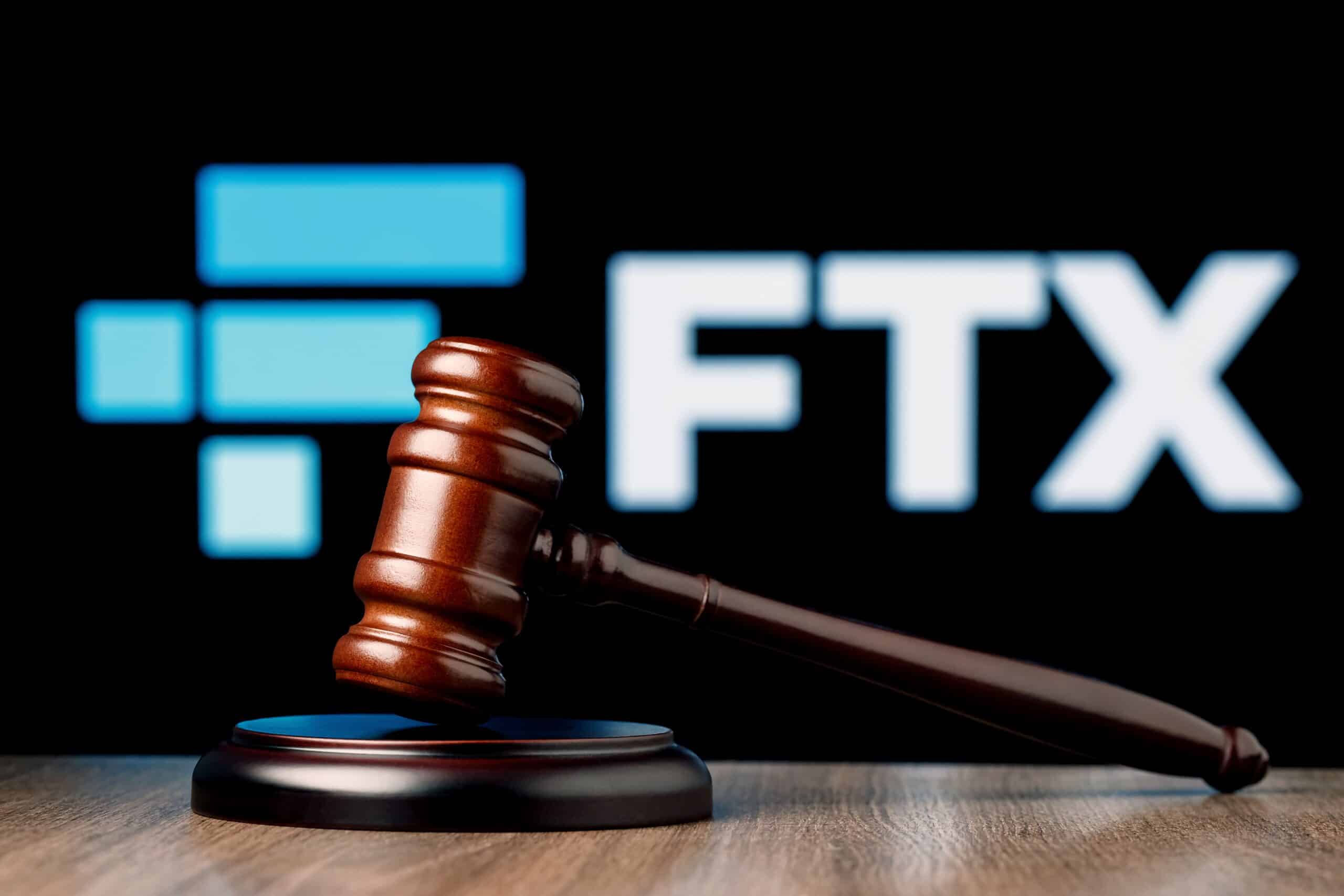The FTX bankruptcy estate has filed a consensus-based reorganization plan that would pay out billions more than needed to cover the value of creditor claims.
The estate said that 98% of creditors would receive at least 118% of allowed claims in cash within 60 days of the plan coming into effect, while the remaining creditors would receive 100% of their claims and billions in compensation for “the time value of their investments.”
The proposed plan is subject to being finalized by the bankruptcy court and comes 17 months after the crypto exchange filed for Chapter 11 bankruptcy protection.
“FTX forecasts that the total value of property collected, converted to cash and available for distribution will be between $14.5 and $16.3 billion,” said the FTX estate, noting that this represents a substantial recovery from the time of its bankruptcy filing when the firm had an $8 billion shortfall in customer funds.
Over the last year and a half, FTX has been actively engaged in clawing back funds from venture investments made in a number of firms, including $460 million from the lesser known crypto fund Modulo Capital and $175 million from bankrupt crypto lender Genesis Global. In February, FTX petitioned the court to sell its claim against Genesis in the interest of creditor recoveries.
FTX has also sold its crypto derivatives firm LedgerX for $50 million, and a major part of its stake in AI startup Anthropic for a whopping $884 million. FTX has also been selling billions of dollars worth of its locked-up Solana (SOL) tokens as part of its asset recovery efforts, upsetting a group of creditors that took issue with these discounted sales.
Despite the estimated recoveries, not all creditors are happy with the proposed plan. Sunil Kuvari, an FTX customer who lost about $2 million in the collapse and is a prominent creditor activist in the case, noted on X that the plan includes an exculpation clause that means the law firm representing the estate, Sullivan & Cromwell, cannot be “held liable for misconduct” regarding its sales of assets at deep discounts. Kuvari has been critical of the high costs of legal fees in this case. While bankruptcy attorney Nicholas Hall noted, on X, flaws with the plan.
Icing on the cake from the team that destroyed billions of potential value for FTX customers. This can't be allow.
I'm voting NO on this plan@sunil_trades https://t.co/RvZbRy62GQ
— ☈ob (@SonOfAres__) May 8, 2024
A portion of the funds recovered is contingent on the court approving settlements with several stakeholders. These include resolving the Internal Revenue Service’s proposed $24 billion claim in return for a $200 million cash payment and a $685 million subordinated claim.
It also includes a proposed arrangement with the U.S. Department of Justice (DOJ) pursuant to which over $1.2 billion could be distributed to creditors if the DOJ decides on it.
May 8 03:00am: This story was updated to include creditor reactions.


